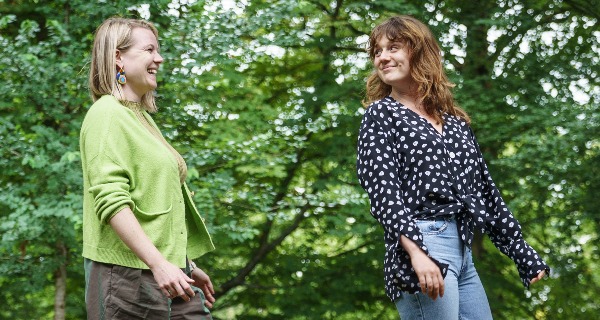Letteren Lounge
Verken met ons de kracht van verschillende perspectieven
Ben je geïnteresseerd in kunst, cultuur, politiek, geschiedenis of media? Ontdek de Letteren Lounge met lezingen, podcasts, filmavonden, cursussen en verhalen voor iedereen uit de stad en omgeving.
Agenda
-
Eurosonic Noorderslag Talks17:00 - 19:00 House of Connections, Grote Markt 21, Groningen
-
Boeklancering: Het veiligheidsverhaal van Europa20:00 - 21:00 Forum, Nieuwe Markt 1, Groningen
-
Film Screening & After-Talk: Landscapes Under Pressure19:00 - 21:30 Marie Loke Room, Harmonie Building, Oude Kijk in 't Jatstraat 26, Groningen
The Language of Hip Hop met dr. Steven Gilbers







